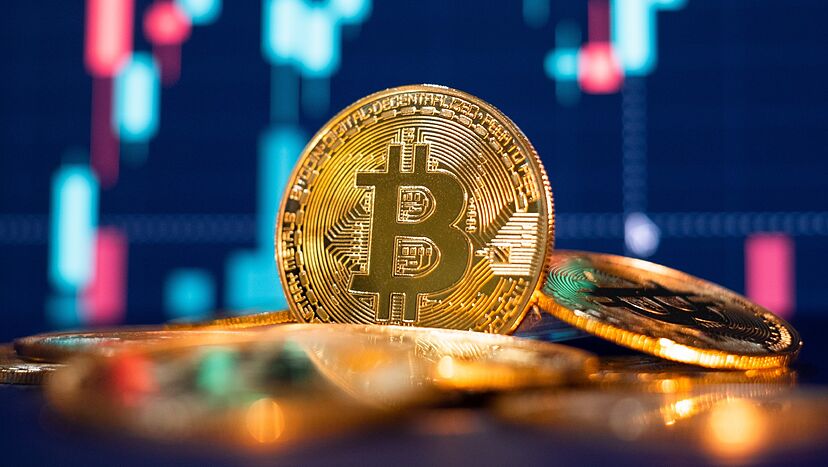Introduction:
A haircut is not merely a routine task of trimming hair; it is an art form that has evolved over centuries, reflecting cultural trends, personal mantetain.in, and even psychological well-being. Beyond the buzzing of clippers and the snip of scissors lies a transformative experience that can impact an individual’s confidence and self-perception. In this article, we will explore the multifaceted nature of haircuts, delving into their historical significance, cultural relevance, and the psychological effects they can have on individuals.
Historical Perspective:
The history of haircuts dates back thousands of years, with evidence suggesting that early humans used seashells and sharpened stones to trim their hair. As societies developed, so did the significance of hairstyles. Ancient Egyptians, Greeks, and Romans all had distinct hairstyles that conveyed social status, wealth, and even religious affiliation. Fast forward to the Middle Ages, and elaborate hairstyles became a symbol of nobility and prestige.
Cultural Significance:
In various cultures around the world, hairstyles carry deep cultural meanings. For instance, in Japan, the traditional “chonmage” topknot was a symbol of a samurai’s status. In India, different regions have unique hairstyles that signify marital status and community identity. In African cultures, intricate braiding patterns are often used to convey social status, age, and even religious beliefs.
Modern Trends and Personal Expression:
In contemporary times, haircuts have become a powerful means of self-expression. From the punk rock mohawk to the classic bob, individuals use their hairstyles to communicate aspects of their identity, personality, and even political affiliations. The beauty industry continually evolves to accommodate an ever-expanding array of styles, colors, and textures, providing people with the tools to shape their outward appearance according to their inner selves.
Psychological Impact:
The act of getting a haircut can have a profound psychological impact on an individual. A new haircut often marks a significant life change or personal transformation. It can boost self-esteem, instill confidence, and even serve as a form of therapy. Psychologists have identified the “haircut effect,” noting that people tend to feel more confident and attractive after a visit to the salon.
Beyond personal confidence, haircuts also influence the way others perceive us. A well-groomed hairstyle can convey professionalism, while a bold or unconventional choice may communicate creativity and independence. The psychological effects of haircuts go beyond aesthetics, affecting how we feel about ourselves and how we interact with the world.
Conclusion:
In conclusion, a haircut is not a mundane task but a rich and dynamic aspect of human culture and personal expression. From its historical roots to its modern-day significance, the art of haircuts continues to shape our identity and influence the way we present ourselves to the world. Whether driven by tradition, cultural norms, or personal whims, the act of getting a haircut is a transformative experience that goes beyond the physical realm, impacting our emotions, confidence, and the way we connect with others.



